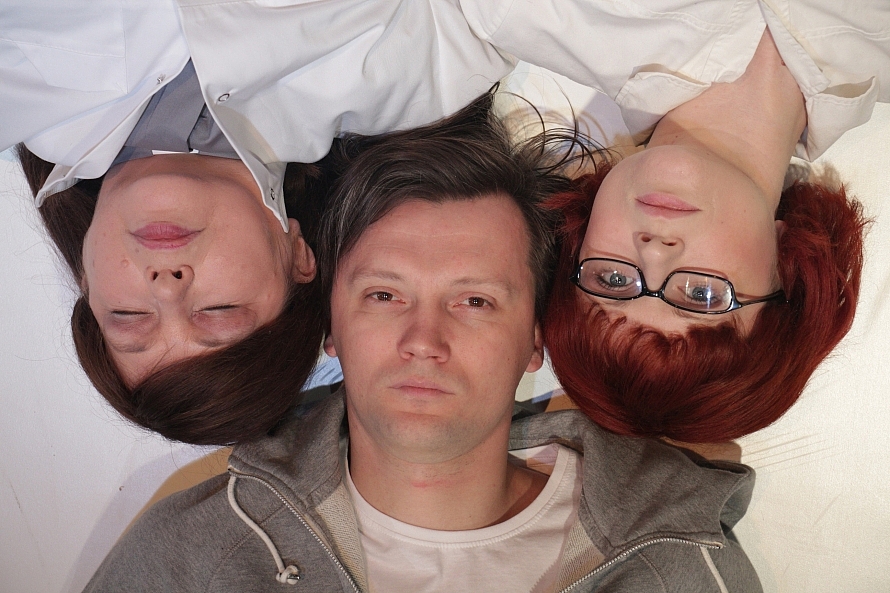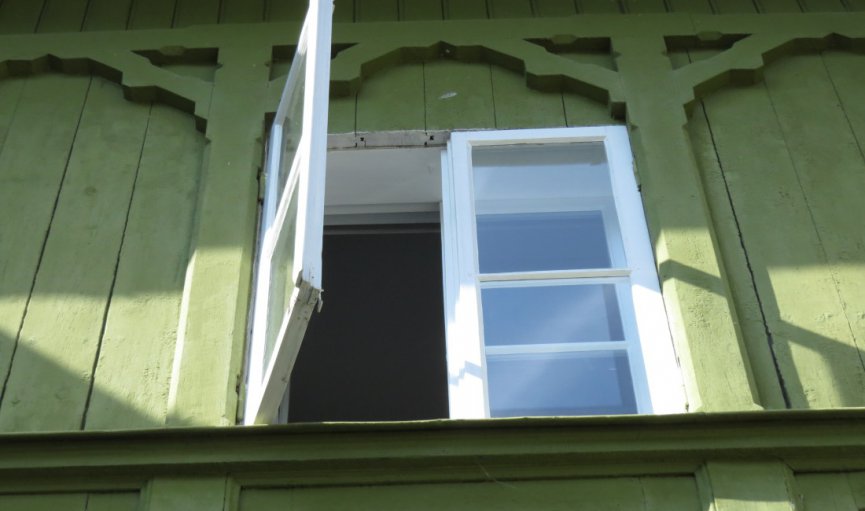The reaction was extreme. The local took immediate and serious offense, the rest of the village joined in and, as far as I can recall, the upshot was that my friend only narrowly avoided being thrown over a cliff edge after the massed populace took into account that he was a foreigner and may not have known how diabolically offensive it is to tut-tut in Eastern Anatolia.
I do not know if this story is true. The teller of the tale was a considerable drinker and given to flights of fancy. It is quite possible that they do not have strong feelings about tutting in Eastern Anatolia, and equally possible that he had never been there, but it does serve as a useful reminder that an apparently innocent gesture or utterance may be packed with the gravest meanings and messages.
The most obvious example is the famous Gallic shrug, a magnificent gesture encompassing everything from carefree humor to bitter contempt via total indifference, and it is perhaps the Gallic shrug which is closest in meaning to Latvia's own expression of such complex concepts: the Latvian sigh.
Sighs are not hard to find in Latvia, but they are easy to misinterpret.
Listening to the radio a few days ago I noted a profusion of sighing. First, a government minister was asked about planned welfare reforms. He began his explanation with a sonorous sigh, like the organ of Riga cathedral in warm-up mode, picked up beautifully by the studio microphone.
In many countries, this itself would be a sensational incident. For someone in a position of power to sigh must mean they are depressed, despairing - likely on the point of resigning over these failed reforms! It is an admission of weakness, of failure, and there is nothing so inviting to the media than a small admission of human weakness to be prised open and turned into a gaping chasm of ineptitude.
The minister gave his explanation, punctuated by a few more sub-sighs. Each sigh gave a little fragment of the total meaning, which might be assembled and summarized as: "The department has done all the necessary work, the reforms are underway and people should trust us to carry them out, so it is rather tiresome to have to explain this to you for the third time today and if you would just leave us alone it will all be taken care of."
Next up to the microphone was the proprietor of a luxury hotel. She was asked how business was going. She sighed. To an untutored ear, it suggested the hotel was probably on the verge of bankruptcy. Indeed, it turned out business could have been better. But this was no sigh of resignation. It was a sigh signalling an impending eruption, such as must have been heard in the streets of Pompeii shortly before Vesuvius went all explodey.
It was as if the hotel proprietor had to exhale a noxious gas from the earth's core which only gradually could condense into the form of coherent words. But condense they did, and soon volcanic boulders of disdain were raining from the sky: the staff were not to be relied upon, they all quit as soon as things got tough, people in the countryside were different to those in Rīga, they expected far too generous wages, clients should consider the price of a room was a third the price of a similar room in Paris... and so on.
In both cases, the sigh was not a reaction to an unpleasant situation, it was a sort of signal that the listener should feel lucky the speaker was even willing to waste a breath on them.
Other possible interpretations of the Latvian sigh include: "I can't believe I am here," ; "I can't believe you are here," ; "All this can be said without speaking" ; "This conversation should never have started" ; "This conversation will never end," ; "Of course we have what you are asking for," ; "I knew what you would be like the moment you walked in," ; "I am not being paid enough for this" ; "I am not being paid at all for this," ; "Foreigners!" ; "Old people!" ; "Young people!" ; "People from Rīga!" ; "People from outside Rīga!" and my personal favorite: "If you had lived exactly the same life as me, no words would be necessary."
This by no means exhausts the semantic possibilities of the Latvian sigh. It is a rich source of meaning. It can be short, sharp and routine or long, serious, and with multiple complications, a bit like a surgical procedure.
Prime Minister Māris Kučinskis is one of Latvia's most accomplished sighers, employing many of the meanings above, and a press conference in his company is sometimes a symphony of sighing. It can make it sound like he feels he is the unluckiest man in the country, and possibly Europe. Even news that the economy is booming can be met with a sigh, as if implying it is only a matter of time before the next bust follows in its wake (which is, of course, true).
But in Kučinskis' case, the sighing becomes quite likeable. It maintains his everyman status, the sense he is not completely out of touch with the travails and tribulations of everyone else in the country, that being PM is no fun, and this in turn points us towards a positive aspect of what might seem like a negative trait. Consider who sighs. Dictators and tyrants don't sigh. Megalomaniacs don't sigh. Thrusting executives and win-at-all-costs sports brats don't sigh. But Latvians do. A lot.































